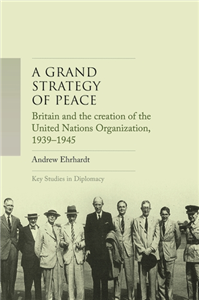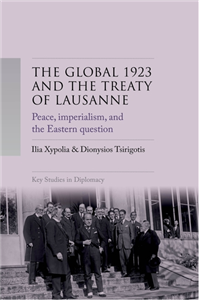Inner Flower Child Books
We present to you a rhino that actually once circled the earth in the spaceship, an artist cat from Paris known by everyone, the adventures, and wanderlust of a tiny house, and love stories kissed by the sun... Curious? If you are looking for children's books with a universal message of hope and connectedness, we'd love the opportunity to meet with you. Inner Flower Child Books is a children's book publisher founded in California in 2012 by the creative team of author Susan Schaefer Bernardo (M.A. English Languages and Literature, Yale University) and illustrator Courtenay Fletcher (BFA Advertising/Graphic Design, Art Center College of Design). These artists and their team produce profound, touching, and humorously inspiring books that have become very successful in the US. With wittiness, humor, and intelligence — with rhymes at times — they create stories that promote children's language and social capabilities development. Partly because of that, Susan’s and Courtenay's picture books are used nationwide by schools, children's charities, therapists, and families across the United States to help children and youth heal from problems, large and small. At a time when the whole world is being hit by the trauma of a pandemic, books such as “Sun Kisses and Moon Hugs” bring children and young people a comforting message of love and connection. The colorfully illustrated and inspiring picture books contain generally assignable topics such as healing trauma, bringing people closer to living a sustainable life, and the power of creative expression — predestined to be successful worldwide. (Speaking of worldwide distribution: one of Susan’s and Courtenay's books, “The Rhino Who Swallowed The Storm” was sent to the International Space Station to orbit the planet — and was read aloud by astronaut Kate Rubins as part of the innovative “Story Time From Space” program and broadcasted! Apart from that, “The Rhino” was also promoted by former, then-incumbent First Lady Michelle Obama and present presidential candidate Joe Biden. For more information, please visit our website!). All Inner Flower Child Books titles are currently only published in the United States. Susan and Courtenay are therefore pleased to be able to offer publication and subsidiary rights on all other world markets for the first time. On our book fair landing page, you can find book trailers and details about our work: http://www.innerflowerchildbooks.com/buchmesse2020.html. We, the European representatives Anette and Leonie Waldeck, are happy to present the works of Inner Flower Child Books to you in the context of the Frankfurt book fair. Here we would like to meet in person or jump on an online video call to speak about publishing and foreign sub-rights options. Please contact us at +49 179 10 93 276 or via email buchmesse2020@innerflowerchild.com to ask questions or to make an appointment. Thank you for your time. Anette and Leonie Waldeck with international greetings from the US from Susan Bernardo and Courtenay Fletcher
View Rights Portal



















